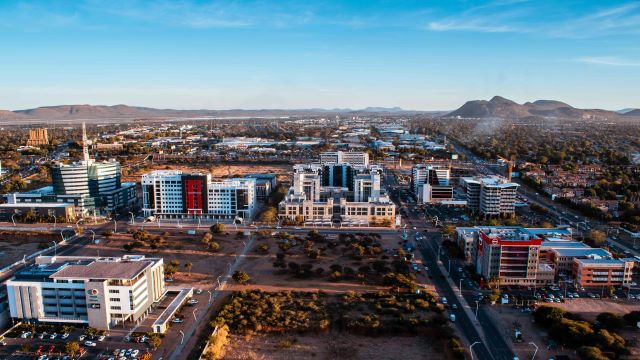Under the wide skies of Southern Africa, Botswana unfolds as a land where ancient rhythms meet the pace of modern growth. This landlocked nation, bordered by Namibia, Zimbabwe, and South Africa, is celebrated for both its unspoiled landscapes and its steady climb as one of the continent’s most stable democracies.
From the emerald waterways of the Okavango Delta to the sun-burnished expanse of the Kalahari Desert, the country’s geography shapes much of its character. The delta, a UNESCO World Heritage site, teems with life—elephants crossing through papyrus-lined channels, fish eagles calling from above. In the Kalahari, sparse rains sustain hardy flora and wildlife that have adapted over millennia to its stark beauty. These natural wonders are more than scenery; they underpin the cultural and economic fabric of the nation.
Botswana’s cultural tapestry is woven from the traditions of diverse peoples, including the Tswana, Kalanga, and San. In rural villages and bustling towns alike, traditional music, dance, and craftwork remain vital threads of daily life. The annual Kuru Dance Festival in the Kalahari draws performers and visitors from across the region, its pulsating rhythms and storytelling dances offering a vivid expression of the San heritage. Tswana artisans, known for intricate basket weaving and beadwork, continue to pass their skills through generations, balancing preservation with adaptation to modern markets.
Economically, Botswana has charted an unusual path for a resource-rich state, using diamond revenues to build infrastructure, expand education, and strengthen public health. Since independence in 1966, the country has maintained political stability and prudent fiscal management, positioning itself as a regional model. In the capital, Gaborone, glass-and-steel commercial towers rise alongside open-air markets, while restaurants serve everything from traditional seswaa to international fare.
Yet, progress coexists with persistent challenges. Unemployment, uneven wealth distribution, and climate change test the nation’s resilience. Government initiatives and community-led programs have sought to address these issues—particularly through youth training schemes, renewable energy projects, and expanded access to healthcare. Botswana’s sustained campaign against HIV/AIDS, once among the world’s most severe, has markedly reduced infection rates and improved life expectancy.
Looking ahead, Botswana’s trajectory appears rooted in balance: safeguarding its cultural heritage and natural resources while embracing technological innovation and diversified growth. Whether in the quiet dignity of a village courtyard or the hum of an urban business hub, the interplay of past and present remains central to the nation’s identity.
Sources:
- United Nations Educational, Scientific and Cultural Organization (UNESCO), Okavango Delta World Heritage Site.
- Statistics Botswana, Annual Economic Review.
- Republic of Botswana, Ministry of Environment and Tourism, Sustainable Tourism Development Strategy.
- Kuru Development Trust, Cultural Heritage and the Kuru Dance Festival.

